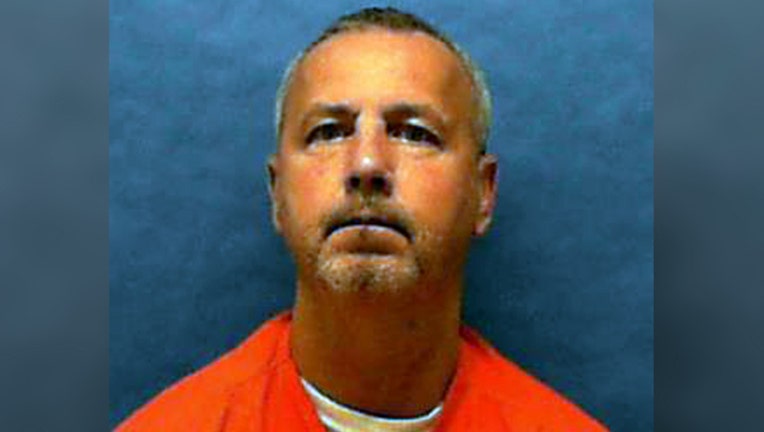Florida death row inmate seeks stay of execution

TALLAHASSEE (NSF) - With an execution scheduled Aug. 22, attorneys for Death Row inmate Gary Ray Bowles on Friday asked the Florida Supreme Court to grant a stay of execution and to order a hearing about whether Bowles is intellectually disabled.
Gov. Ron DeSantis last month signed a death warrant for Bowles, who was convicted of committing three murders, including a Jacksonville murder that sent him to Death Row. Bowles' attorneys are trying to establish that he is intellectually disabled and that, as a result, it would be unconstitutional to execute him.
RELATED: Justice Dept. will execute inmates for first time since 2003
A Duval County circuit judge this month rejected the arguments, finding that they are "time-barred" because the claims about intellectual disability were not filed earlier in Bowles' appeals. The claims were first filed in October 2017.
In the Supreme Court filings Friday, Bowles' attorneys argued that the issue should be sent back to circuit court for a hearing on the claims of intellectual disability.
"Individuals who are categorically ineligible for execution, like Mr. Bowles, cannot be left by states without a forum to at least receive a single merits review of such claims," Bowles' attorneys wrote in a brief.
Bowles, 57, was sentenced to death for the November 1994 murder of Walter Hinton, who was found dead in his Jacksonville mobile home. A 1999 sentencing document said Bowles brutally killed Hinton during a robbery, including dropping a 40-pound stepping stone on Hinton's face.
Bowles is also serving life sentences in the 1994 murders of John Roberts in Volusia County and Albert Morris in Nassau County, according to documents filed at the Supreme Court and information on the Florida Department of Corrections website.
A memorandum released last month by the governor's office said Bowles also confessed to murdering men in Georgia and Maryland and that evidence suggested he targeted gay men.

